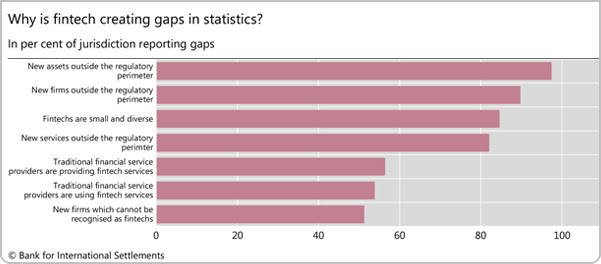We have raised the question as to whether this new global crisis could be the "trigger event" that eventually leads to major changes in our monetary system. This blog has covered that topic now for many years. One person who has consistently predicted that at some point a new major crisis would lead to major monetary system changes is Jim Rickards.
Jim has now written this new article and apparently seems to believe this new crisis will be the trigger event that leads to major changes. Below are a couple of excerpts from his new article. We have covered this topic extensively and have compiled an archive of various proposals for major monetary system reform or even a complete reset of the system. You can review that information here. (note: I added underline below for emphasis)
------------------------------------------------------------------------------------------------------------------------
"Since Federal Reserve resources were barely able to prevent complete collapse in 2008, it should be expected that an even larger collapse will overwhelm the Fed’s balance sheet.
That’s exactly the situation we’re facing right now.
The specter of a global debt crisis suggests the urgency for new liquidity sources, bigger than those that central banks can provide. The logic leads quickly to one currency for the planet.
The task of re-liquefying the world will fall to the IMF because the IMF will have the only clean balance sheet left among official institutions. The IMF will rise to the occasion with a towering issuance of special drawing rights (SDRs), and this monetary operation will effectively end the dollar’s role as the leading reserve currency."
. . . . . .
"Over the next several years, we will see the issuance of SDRs to transnational organizations, such as the U.N. and World Bank, to be spent on climate change infrastructure and other elite pet projects outside the supervision of any democratically elected bodies. (I call this the New Blueprint for Worldwide Inflation.)"
-----------------------------------------------------------------------------------------------
My added comments: I have gotten input from other high credibility sources that suggest it is possible this crisis event might eventually lead to a new monetary system. Those sources also talked about this being the start of a process that could take some time (not a rapid event in terms of changing the monetary system). Here, we just monitor events and watch for what actually happens. But given the high credibility of the sources, I did want to alert readers that there is a belief that this crisis could start the process for major change from more than one source I view as credible.
Added note: Jim also has this new interview just out that dives into a variety of topics from what is happening in the gold market to the virus to the longer term impact from the current crisis. You can watch that interview here or just below.
Added news note 3-29-2020: The link below goes to the virus projection curve reportedly being used by The White House task force as a guide. This site also has a projection for each state. Using this guide, you can compare actual numbers over the coming weeks to see if the real numbers are coming in above or below this projected curve:
https://covid19.healthdata.org/projections
As some added information, my brother (who was to have an elective surgery procedure in Dallas, Texas) was told by his doctors that they hope to schedule him in about 3 weeks which would fit in with this projection curve and suggests his doctors are also using it as a timeline guide.
Added note: Jim also has this new interview just out that dives into a variety of topics from what is happening in the gold market to the virus to the longer term impact from the current crisis. You can watch that interview here or just below.
Added news note 3-29-2020: The link below goes to the virus projection curve reportedly being used by The White House task force as a guide. This site also has a projection for each state. Using this guide, you can compare actual numbers over the coming weeks to see if the real numbers are coming in above or below this projected curve:
https://covid19.healthdata.org/projections
As some added information, my brother (who was to have an elective surgery procedure in Dallas, Texas) was told by his doctors that they hope to schedule him in about 3 weeks which would fit in with this projection curve and suggests his doctors are also using it as a timeline guide.





